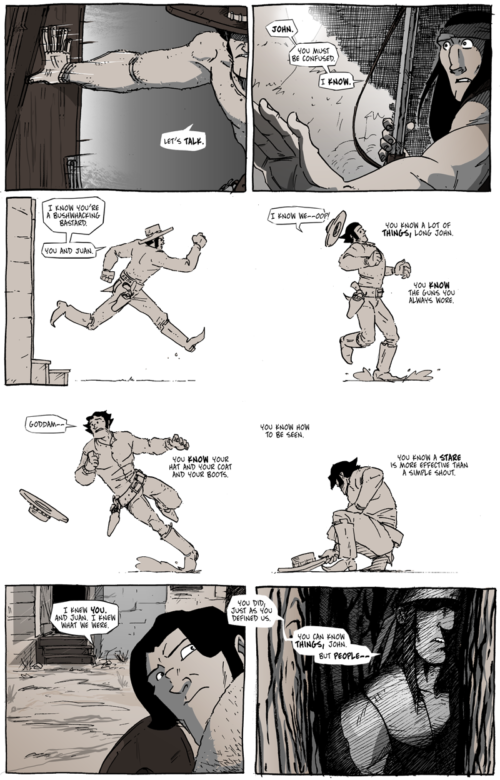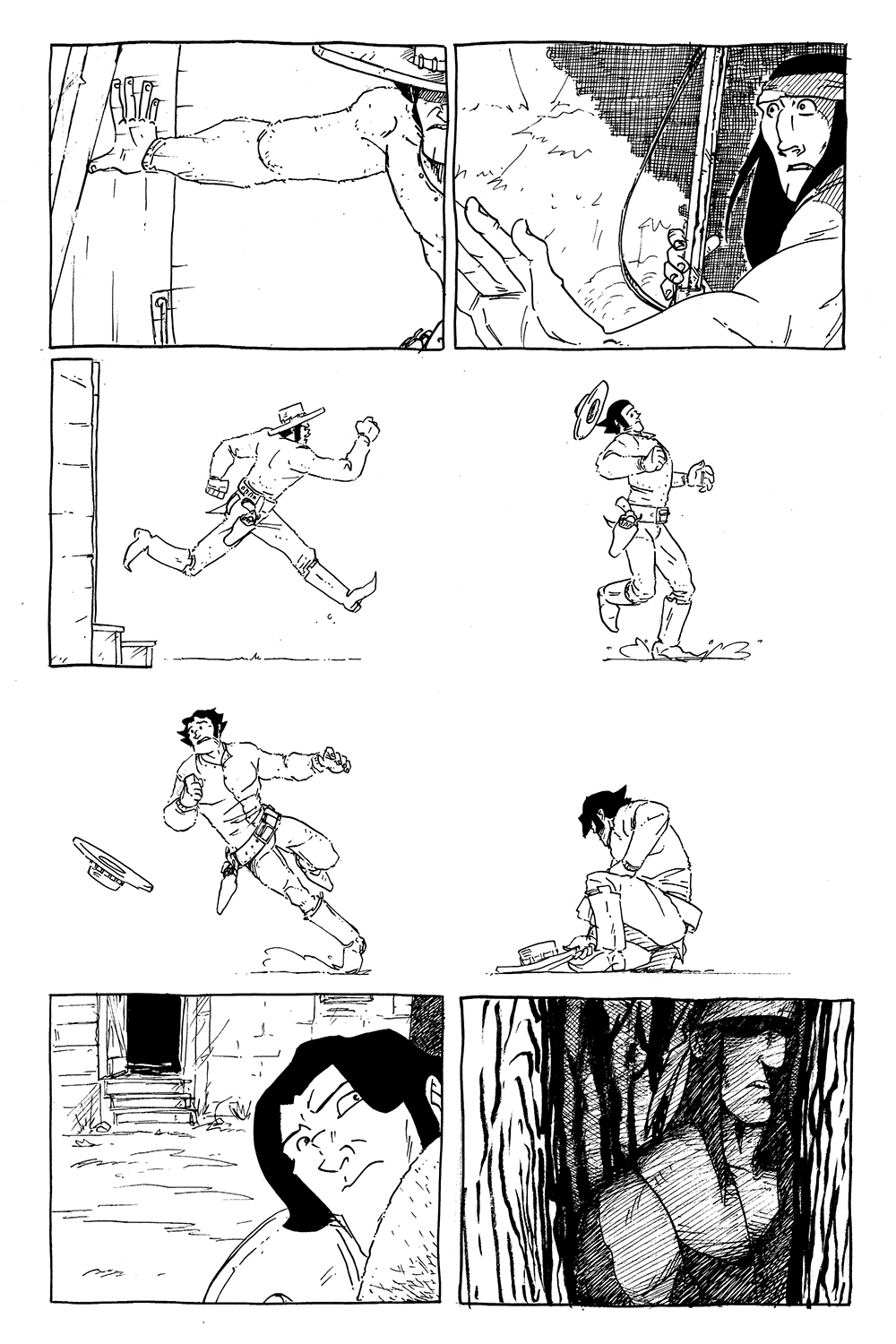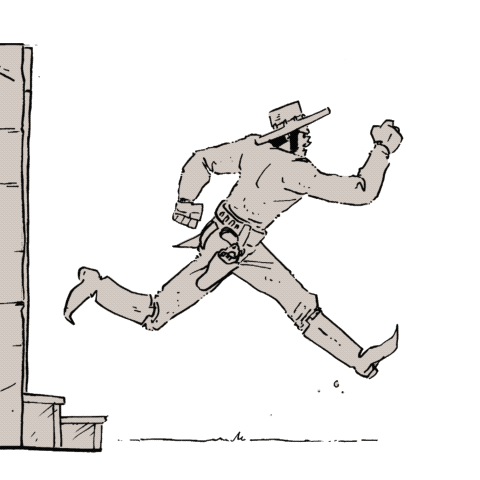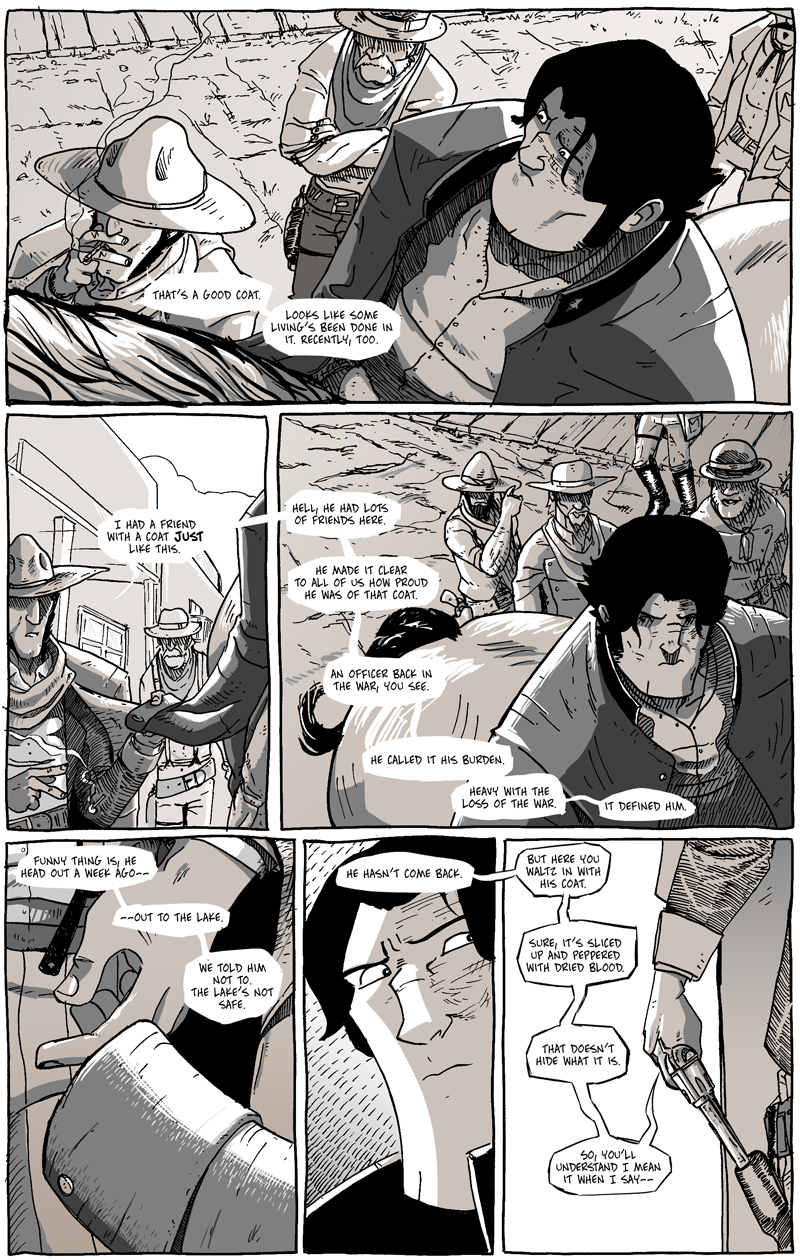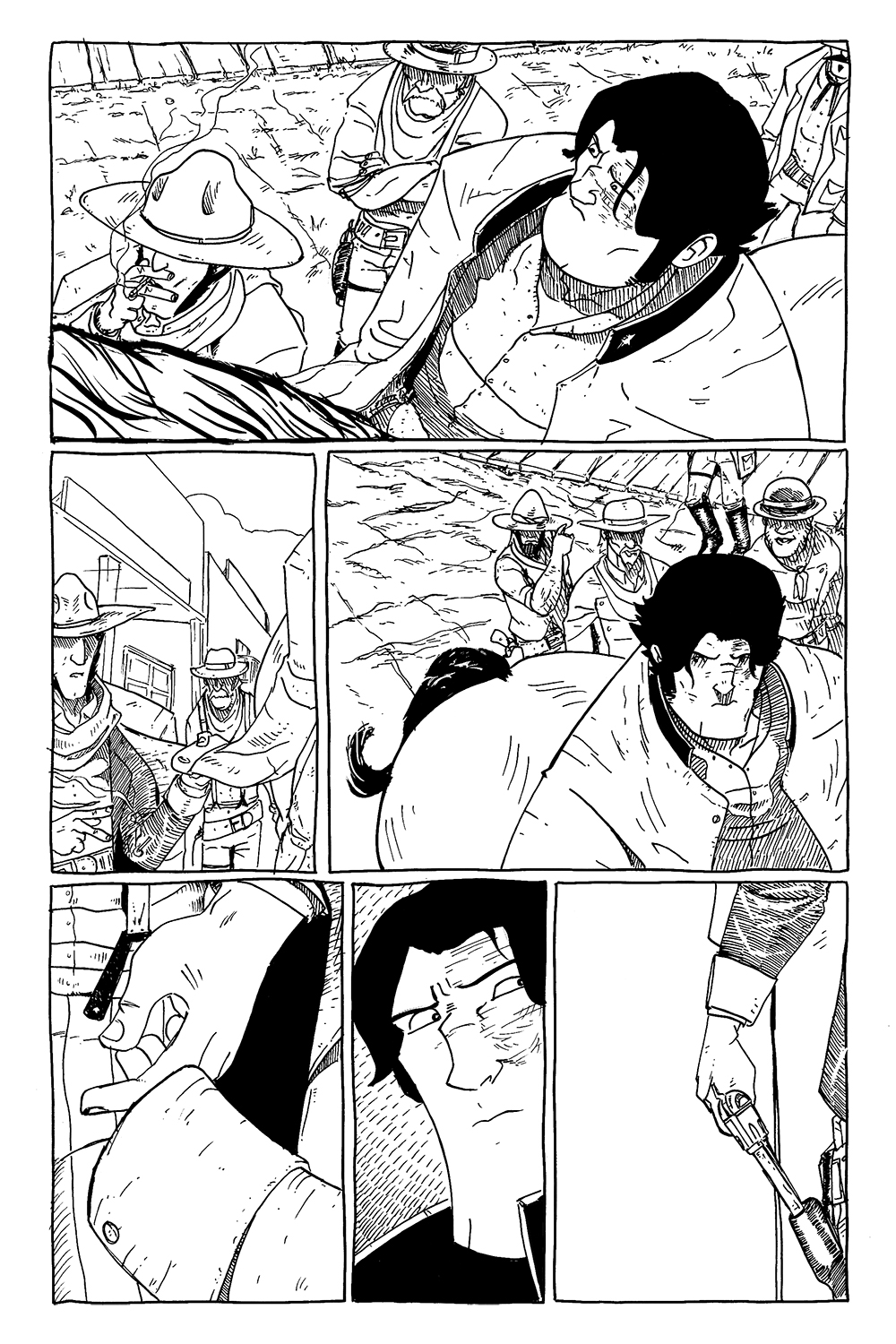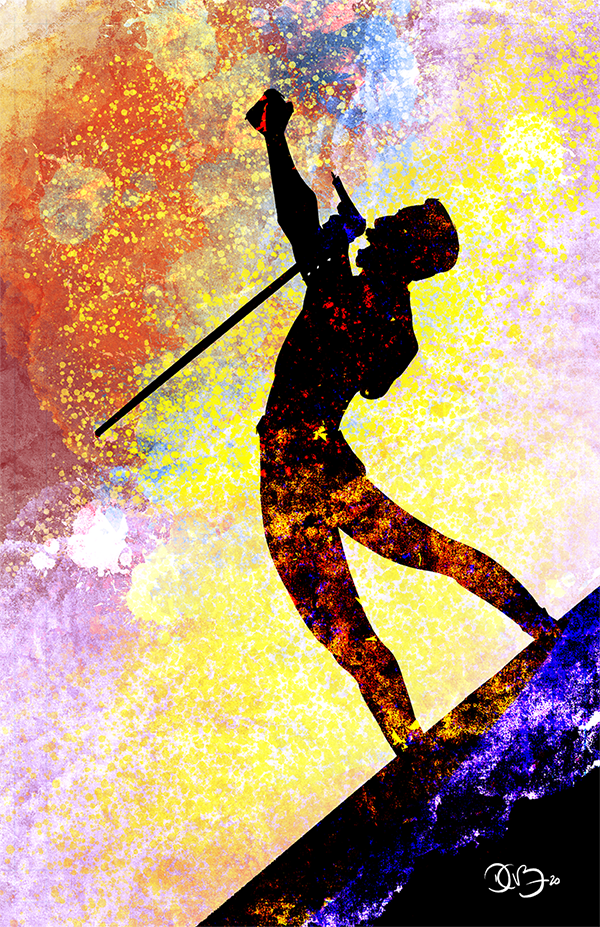
This week marked the 29th anniversary of Freddie Mercury’s death from AIDS. While a morbid celebration, it’s honestly a little difficult to celebrate his birthday because he and I share the same birthday (#humblebrag).
However, after consuming over the course of fourteen months––buying one a month––Queen’s catalogue, I have become much more familiar with the work of Mercury and his band. So, this time around the anniversary of his death is a bit more profound.
This started as a normal drawing––looking to draw one of my favorite rock front men in my cartoony style. But the details ended up overshadowing the pose, which although it’s a bit of a cliché Mercury pose is still a striking one.
So, I made it into a silhouette and played with textures. Boom. Done.
This is surely not the most original tribute––and I could find a more meaningful one if I put my brain into it––but I didn’t want to miss the anniversary, especially as a coda to my long trek with them over the course of 2019 and into early this year.
At the very least, the drawing pulses with energy and controlled creative chaos, which are good descriptors of Mercury himself as a lead singer, which is one of the things I like most about him. Queen is a highly documented band, with a lot of footage of them in the studio, and in those recordings we see a Freddie Mercury who is decidedly not the flamboyant peacock we know from the stage. He’s reserved, quiet, circumspect, and professional. However, it’s not a battle between a “fake” persona and the “real” Freddie, it’s just who he is in that context, using what works best to get his job done in the best manner possible. In the studio and on the stage, you can always see him thinking every step of the way.
It showed me that, no matter which Freddie you saw, he was always working, getting stuff done (which is true of everyone in the band), which was especially poignant over the course of the final two Queen albums––Innuendo and Made in Heaven––where he quite literally worked right up until the very end.
On Made in Heaven, there’s a very strange but moody song called “Mother Love.” Freddie sings the lyrics, written by guitarist Brian May, with passion and performance despite being very sick and the lyrics themselves being a bit strange (as were a lot of May’s songs). Freddie sings the first two verses, the choruses, and a bridge, but May comes in to sing the final verse. Reading up on the song, it wasn’t because that verse had any particular importance to May; it’s just that Mercury sang most of the song and they broke camp to take a rest and come back to it later. Freddie never came back.
It’s an inspiring dedication to his art and craft, and I find I’m increasingly drawn to the workmen-like musicians than I am the aloof expressionists. So, long after his death, Freddie Mercury continues to inspire and will––through the sheer power of personality, charisma, talent, and ability––be finding new fans and inspiring more artists for years to come.
Freddie Mercury, 1946-1991.

